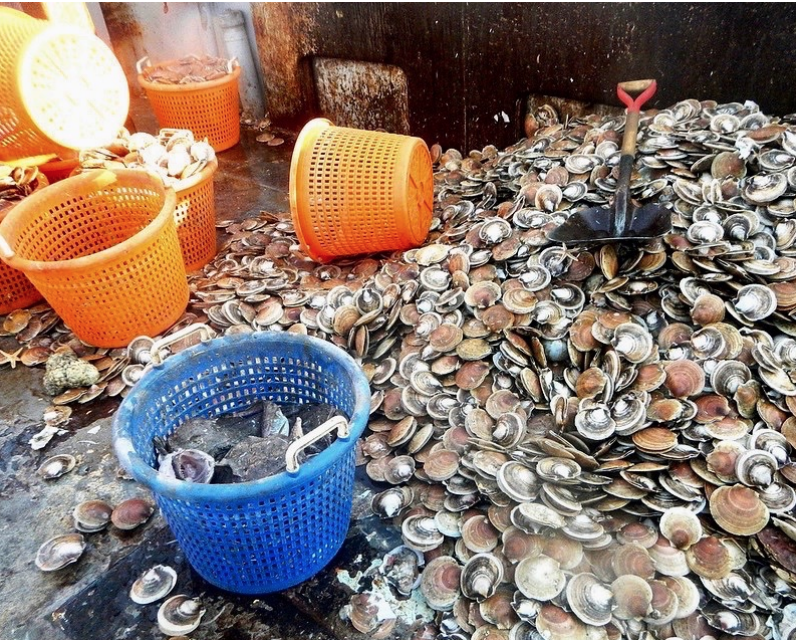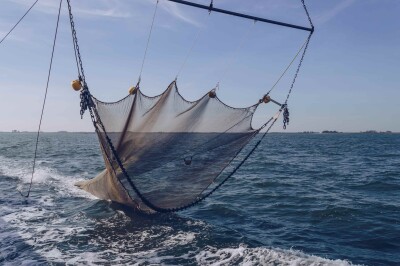Officials at the Northeast Fisheries Science Center say the 2023 sea scallop survey has been canceled because of mechanical problems on the survey vessel, the R/V Hugh R. Sharp.
Owned and operated by the University of Delaware, the Sharp has been chartered by NOAA Fisheries annually since 2008 for the survey. This year’s cruise was scheduled for May 13 to June 13, before the Sharp “encountered licensed engineering shortages and mechanical difficulties at the dock in its homeport of Lewes, Del.,” according to a science center statement.
After repairs and sea trials were completed on June 12, the cruise was rescheduled for June 14-21, and the Sharp departed sailed from Woods Hole, Mass., with the scientific crew on board.
“However, the ship encountered further mechanical failures at sea and returned to port on June 16, ending the NOAA cruise,” according to the science center.
The cancellation could have a significant impact on how the New England Fishery Management Council and National Marine Fisheries Service determine annual management measures, including quotas and rotational area openings, for the sea scallop fishery – the most valuable on the East Coast.
Data from the surveys “are used to understand the distribution and abundance of this species,” the science center notes. The Sharp’s surveys typically covers the Mid-Atlantic Bight and Georges Bank, deploying a dredge to collect sea scallops and tows the HabCam (short for ‘Habitat Camera’) that continuously photographs the ocean bottom habitat capturing images of sea scallops and other sea life.
To help make up for the data shortfalls, science center officials said they are talking to other research groups who survey in the region through the cooperative Atlantic Sea Scallop Research Set-Aside Program.
“These groups have already conducted photographic and dredge surveys on parts of Georges Bank and in the Mid-Atlantic,” according to the science center. “They may be able to expand their survey plans to include additional dredge stations on Georges Bank and optical survey stations in the Mid-Atlantic.”
Meanwhile, NMFS is looking at the possibilities for alternative survey vessels, such as using the NOAA research vessel Bigelow for scallop surveying. In July, scientists will test a new HabCam deployed from the Bigelow, using uncrewed underwater system, rather than the towed system. The towed HabCam may also be used on the Bigelow during future cruises.







